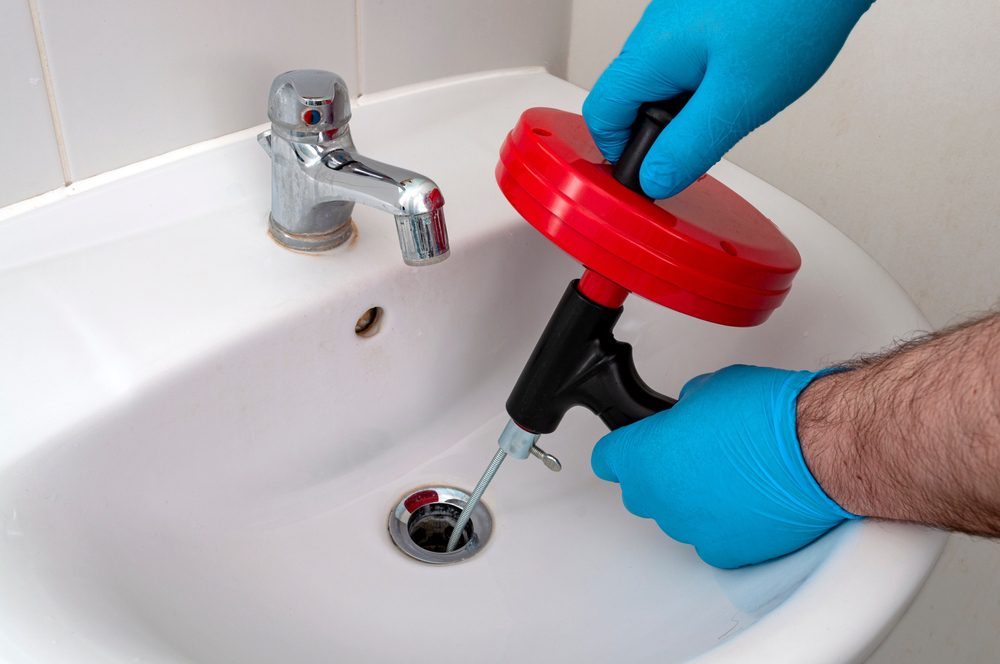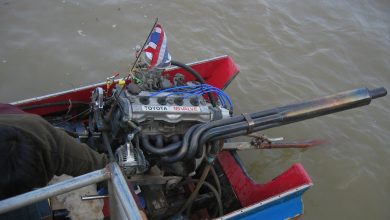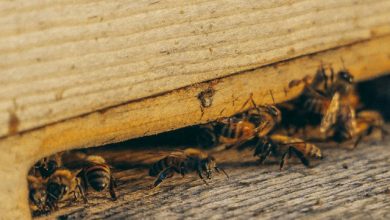Drain and pipe blockages can be a major problem in both homes and commercial spaces, causing slow drains, water backups, and unpleasant odours. These blockages in drains can be caused by a variety of factors, including grease, hair, soap scum, and foreign objects. To prevent drain and pipe blockages, it is important to take a proactive approach and follow these steps:
1. Be mindful of what you put down the drain:
One of the main causes of blockages is foreign objects that should not be going down the drain. To prevent blockages, avoid putting grease, oil, hair, food scraps, and other foreign objects down the drain.
2. Use strainers:
To prevent hair and other debris from going down the drain, use strainers in sinks, showers, and bathtubs. These are inexpensive devices that can be easily installed and will help to trap debris before it enters the pipes.
3. Run hot water down the drain regularly:
Running hot water down the drain can help to break up grease and other debris that may be building up in the pipes. This is especially important after cooking or using a lot of grease in the kitchen.
4. Use a plumbing snake:
If a blockage does occur, a plumbing snake can be used to clear the blockage. These devices are available at most hardware stores and can be easily used by homeowners.
5. Schedule regular maintenance:
Regular maintenance is crucial to preventing blockages and keeping pipes in good working order. This can include things like regular cleaning, inspections, and the use of specialised cleaning products to remove buildup in the pipes.
6. Keep an eye on the warning signs:
Slow drains, water backups, and foul odours are all signs that a blockage may be present. If you notice any of these signs, it is important to take action immediately to prevent the blockage from getting worse.
7. Hire a professional plumber:
In case of major blockages or complex pipe issues, it is best to hire a professional plumber who has the tools, knowledge and experience to tackle them properly.
As per this research by by Katie Xing, clogged storm drains can be environmental hazard. Ocean pollution is particularly a recurring theme of environmental science, but the main issue is that it has also become a public health concern. The health of our oceans and inner city communities are at risk if the problem remains unaddressed. Storm drains not only lead the path for pollution to flow straight into the ocean; when clogged in urban areas, they can also lead to contamination by stormwater and flooding, which can spread waterborne diseases such as cholera.
Drain and pipe blockages can be a major problem in both homes and commercial spaces. To prevent blockages, it is important to be mindful of what you put down the drain, use strainers, run hot water down the drain regularly, use a plumbing snake, schedule regular maintenance, keep an eye on the warning signs and hire a professional plumber if needed. By following these steps, you can help to prevent blockages and keep your pipes in good working order.
With a catch basin, the debris and trash fall to the bottom of the square basin. As more water fills up the basin, the debris stays at the bottom, in the sump. The stormwater flows out through a higher drain opening and continues down through the connected drainage pipe away from the property.
Catch basins prevent the clogs that can keep a storm drain from doing its job. The captured debris and sediment fill up over time and catch basins need to have periodic cleanings. Municipal inspectors check annually for sediment levels in sumps to determine whether a structure is in compliance.





